Drugs and the law
What follows applies to the UK only – more on each drug’s legal status can be found on its page.
Drug classes
Under the Misuse of Drugs Act 1971, drugs are grouped into three categories: Class A, Class B and Class C, with Class A carrying the heaviest penalties.
Any drug not in Class A, B or C is not controlled under the Misuse of Drugs Act, but may be controlled under the Medicines Act 1968 or other legislation such as consumption of tobacco and alcohol laws.
Class A
This covers MDMA/ecstasy, acid/LSD, cocaine, crack, heroin, magic mushrooms, crystal meth and any other drug that’s been prepared for injecting.
Penalties for Class A drugs:
- Possession: up to 7 years in prison and/or an unlimited fine.
- Supply: up to life in prison and/or unlimited fine.
Class B
This covers mephedrone, amphetamines (eg, speed or Ritalin), barbiturates, ketamine, codeine, cannabis and synthetic cannabinoids.
Penalties for Class B drugs:
- Possession: up to 5 years in prison and/or an unlimited fine.
- Supply: up to 14 years in prison and/or unlimited fine.
Class C
This covers GHB/GBL, BZP, anabolic steroids, tranquilisers (like benzos, diazepam), temazepam, tramadol and khat.
Penalties for Class C drugs:
- Possession: up to two years in prison and/or an unlimited fine.
- Supply: up to 14 years in prison and/or unlimited fine.
Temporary class drugs
The Government can now ban new drugs for one year under a ‘temporary banning order’. This is while they decide whether the substance endangers the public and, if so, how it should be classified.
Penalties for ‘temporary class’ drugs:
- Possession: none, but the suspected drug can be seized by the police.
- Supply: up to 14 years in prison and/or an unlimited fine.
‘Legal’ highs
Many so-called legal highs are now banned substances within the UK. Also, many ‘legal’ highs may contain banned substances in some quantity, and this still counts as an offence.
Driving on a legal high would also be illegal – just like drink driving, it could put your own or other people’s safety at risk. As with drink-driving, penalties could also include a fine, being disqualified from driving and, in some cases, a prison sentence.
What does ‘possession’ mean?
This includes having drugs on you or in your car, home or luggage you’re responsible for – even if it’s not with you at the time.
If you weren’t aware the drugs were there then you’ve not committed a crime. But you’re committing a crime if you know drugs are being kept, or used, in premises you’re responsible for like your home, vehicle, or business.
‘Possession’ can mean very small amounts of drug – in some countries just a trace on clothing, an amount too small to even use.
‘Joint possession’ is when two or more people own a shared supply or pool their drugs together.
If you’re caught with drugs it’s even worse if you say: ‘I was just carrying them for a friend’ or ‘They’re not all for me’ as this means you can be charged with supplying as well as possession.
What does ‘supply’ mean?
This covers dealing but also giving drugs to friends for free and passing on a joint.
The law punishes supplying and intending to supply drugs more harshly than just possessing them.
You can be charged with ‘intent to supply’ if it’s thought you were planning to sell or give the drugs to others later – for example, if you were caught with a large stash or baggies, scales etc were found at your house.
Offering to supply drugs is also a punishable offence, whether or not what you actually supply is an illegal drug.
You can be charged with ‘aggravated supply’ if you’re found near a school or if an underage person was involved.
There’s a real risk of a prison sentence if you’re charged with production or cultivation of drugs, and you’re virtually guaranteed time for importing and exporting drugs – the length depends on the volume and their purity.
Read our guide for dealing with the police ››
‹‹ Previous: HIV medication and drugs
Published: 30/08/2018
Next review: 30/08/2021



